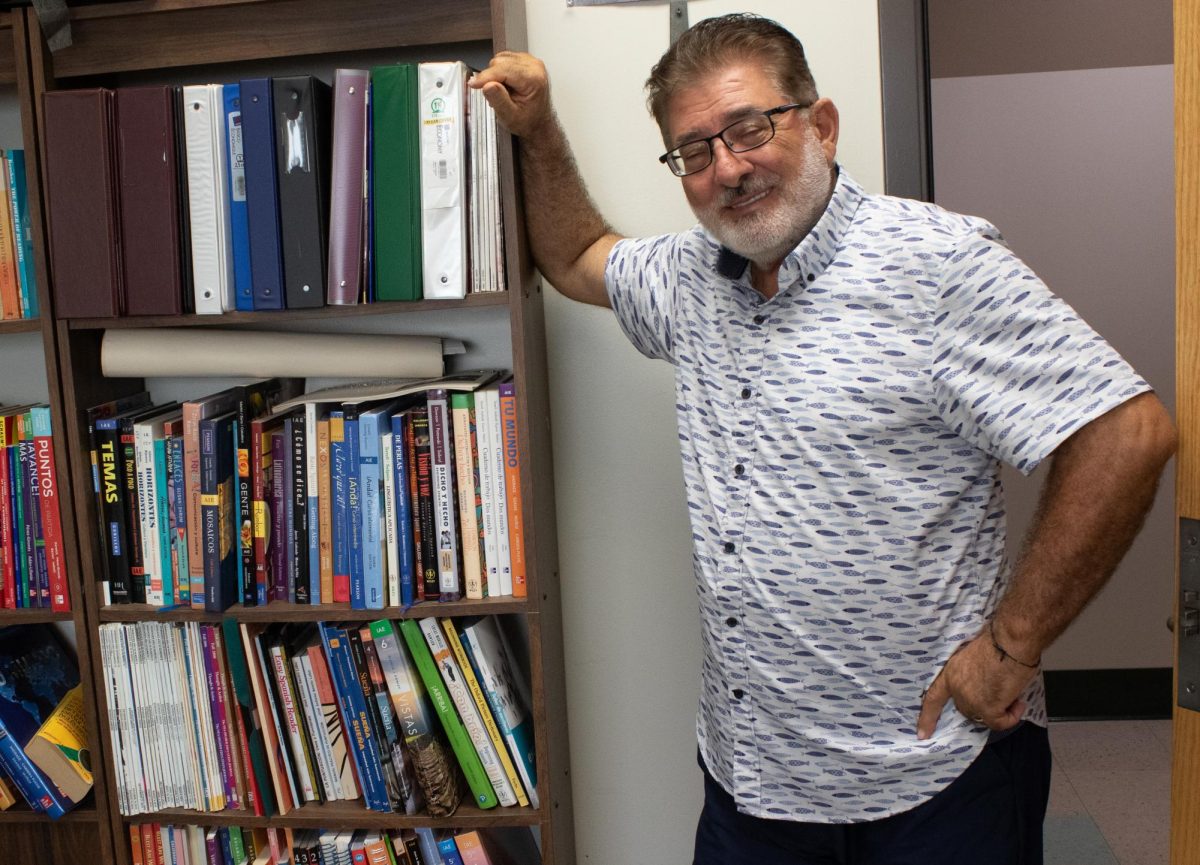Binge addictions a weekend routine
May 4, 2005
Addictions are powerful forces that seem to pull you further away from the person you are supposed to be. If you have never suffered from an addiction, I am pretty confident that you at least know of someone who has.
For the past two years I have been conducting research, giving talks and presentations on addictions and I have found a passion in helping others find freedom from these destructive patterns. I hope this article goes out as a warning to take heed and caution, as college students are going through one of the hardest times of their lives right now and are much more susceptible to falling into an addiction.
The dictionary’s definition of addiction is devoting or surrendering oneself to something habitually or obsessively. Typically, college students fall into what is referred to as a binge addiction, since during the week they live what appear to be normal lives, but when the weekend arrives, they go out and indulge in their addiction. When Monday comes, they transform back into ordinary students — until the next weekend.
To give you a better idea, here’s a list of some very common addictions: drinking, drugs, shopping, gambling, coffee, smoking, sex, violence, excessive exercise, video games, eating disorders, masturbation, pornography, television, self-mutilation, as well as many other destructive behaviors that are not listed here.
I’m sure you’re thinking that most of those make sense — but coffee, shopping, video games and television… if you just do those things “often,” that’s not an addiction, right? Well, have you ever gone shopping when you knew you didn’t really have the time or the money for it? Do you ever buy a coffee because you need it to feel more like yourself? Have you ever isolated yourself for hours to play video games or watch television? Did these things ever interfere with your personal health, daily routines or social interactions?
Steve, a student whose name has been changed for anonymity, felt helpless when he found himself addicted to sex to help him feel better about the troubles in his life.
“I finally saw how destructive my addiction was, but I also realized how much I had unhealthily depended on it to get me through the hard times,” Steve said. “I wanted help, but I didn’t know how to fix it.”
Figuring out the source of your problems reduces the likelihood that you will turn to an addiction to fill that emptiness or pain.
Perhaps something happened that hurt you, whether it was rejection, physical pain, emotional pain or the like; but in response to this hurt, you created a shield by running from the pain and replacing it with something that brings you momentary joy or pleasure. The problem is that this does not correct the source of your pain, so your need for the addiction is still strongly felt until it becomes a habitual dependency.
Martha de Laveaga Stewart, who is a licensed marriage and family therapist in California, sees firsthand the detrimental effects of addictions on college students, as well as the family and friends of those who suffer from addictions.”In college, many students struggle with life, directions, painful home situations and depression; many students begin to soothe their pain in some manners that are not particularly healthy,” Stewart said. “Often, what once was a weekend party becomes more a way of coping with life.”
People suffering from addictions must truly want to be freed from these shackles; no one can force them to quit, and if addicts are not 100 percent committed to quitting, they may never accomplish that task.
The next step is one of the hardest to do, even though it sounds simple in theory. You have to admit you need help. It’s a humbling experience to admit to someone that you need them to help you, but you must look past your pride and realize that you truly want to be free from this destructive cycle.
Alison, another student who wishes to remain anonymous, became bulimic when she was 13, when she felt that because of her appearance, those around her rejected her.
“I knew it wasn’t the right thing to do, but bulimia became a shelter for me, a reassurance that if I kept doing this, I would be accepted and loved by my classmates, my friends and my family,” Alison said.
Habitual addictions take a long time to develop, so it will also take a long time to correct them; but once you free yourself from an addiction, you find strength that you never thought possible.
The Student Health Center provides free consultations and help for students and is ready and willing to help you overcome your addictions.
To end on a happier note: both Steve and Alison are completely healed from their addictions — and you can be, too.
______________________________
Andrew Stewart can be reached at [email protected]























































































































